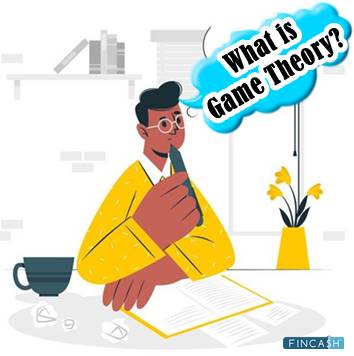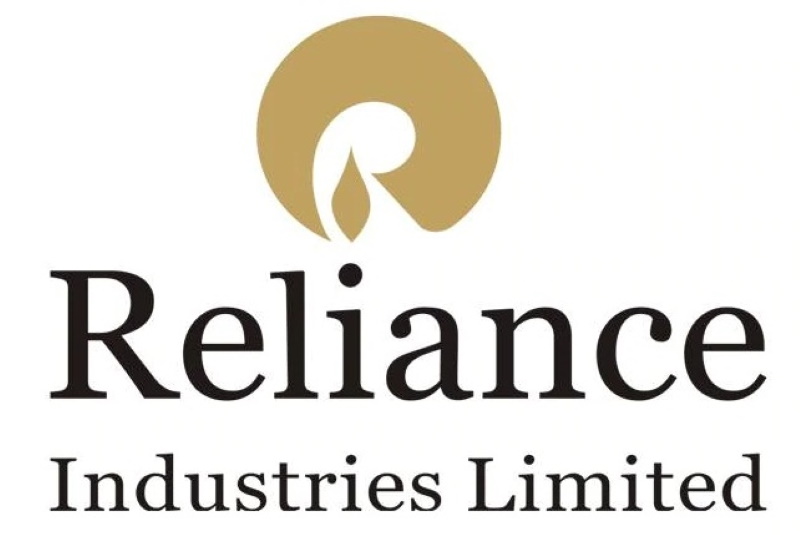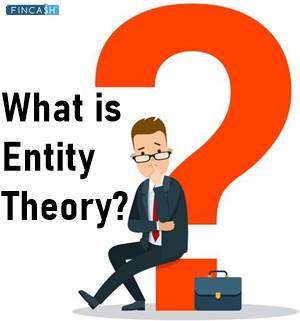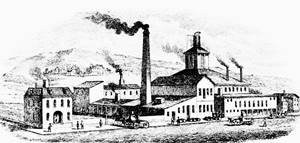What is the Infant Industry Theory?
The Infant Industry Theory (IIT) is an economic principle that promotes protecting new businesses from foreign competition until they mature and are strong enough to compete. Alexander Hamilton and Friedrich List first came up with this theory in the early 1800s.

It's often used as a rationale for protecting trade. This theory explains why governments impose Import fees in order to sustain and grow new industries. Import duties, tariffs, quotas, and exchange rate controls can be imposed by governments in developing countries to give the infant industry time to grow and stabilise.
Explaining Infant Industry Theory in Detail
Industry can be divided into two categories in the field of Economics, namely, infant industry and mature industry. Infant industries are new and still in the early stages of development, so they can't yet compete with older industries.
To prevent international rivals from harming or destroying the domestic infant industry, infant-industry theorists say that emerging industries must be preserved. As infant industries lack the Economies of Scale that older competitors have, they should be protected until they can build economies of a scale comparable to older competitors.
According to IIT, any protective measures imposed, such as tariffs, should be removed once the growing business is stable enough to compete internationally. In fact, this isn't always the case because many protective measures in place can be challenging to remove.
How to Protect the Infant Industry?
Below are some of the methods to safeguard emerging industries:
Taxes on Imports
This is one of the most often used strategies of trade protection, and many countries use it. Generally, tariffs are placed on imports and are levied either as a percentage of the import value or as a fixed rate per unit of import.
Quantity Restriction
Quantities of a specific product that can be imported into the country are limited at a particular time.
Granting Subsidies
Giving subsidies to new industries can also help safeguard them from the competition. Subsidies can be paid as a fixed amount per unit of output or as a percentage of that output's value. This immediately contributes to the decrease of overall costs in the Manufacturing industry.
Talk to our investment specialist
Infant Industries Example in India
Steel is the country's most favoured industry, with one of the lowest effective tax rates after compensating for a large number of deductions and exemptions. When it comes to protection from imports, it is given preferential status over other metals. In comparison to nonferrous metals, such as aluminium and copper, duties on key steel products are higher. The basic import tariff on Flat-rolled steel is 12.5%, while that on aluminium is 7.5% and that on copper plates and sheets is 5%.
Advantages of Infant-Industry Theory
Here are some of the advantages of IIT:
- There are more opportunities for employment if the emerging industries are preserved and thriving.
- The country's domestic Market is shielded from outside competition, allowing it to expand.
- This theory benefits the Economy by increasing the domestic consumption of commodities.
- It helps the economy become more self-sufficient in production and lessens its dependency on international markets.
Disadvantages of Infant-Industry Theory
Here are some of the disadvantages of IIT:
- Occasionally, goods sold in domestic markets are more expensive than similar products sold in overseas markets, resulting in loss of money for customers.
- Imposing Taxes on imports raises the possibility of other countries responding by imposing duties on their exports.
- Protected industries tend to become less efficient because they don't compete with other businesses.
- Tariff protection may become politically difficult to remove if the industry has become used to it.
- Selecting which industries to protect and expand can be challenging for a government.
- It is possible that placing limits on imports from foreign countries will have an adverse effect on trade and business relations with those countries.
Conclusion
Emerging countries use IIT to nurture and defend their native companies. Economies should always seek alternatives to safeguard industries. Following the IIT is criticised since the new industries become inefficient due to lack of competition from overseas markets. Not only that, but once implemented, such restrictions are difficult to reverse.
All efforts have been made to ensure the information provided here is accurate. However, no guarantees are made regarding correctness of data. Please verify with scheme information document before making any investment.












